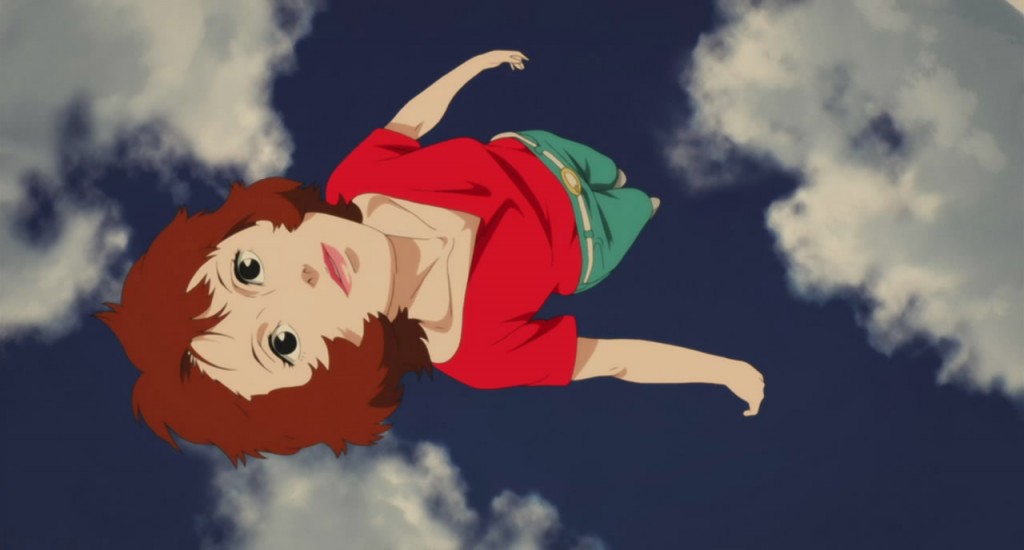Ever since celluloid emerged, filmmakers have borrowed concepts, from narrative structures to visual styles and camera techniques from each other, applying it to their own creations to the point that it’s impossible to understand cinema without its lending nature. In a way, every director has been shaped by the movies he or she has watched […]
- Features
- ...
The 10 Best William Wyler Movies
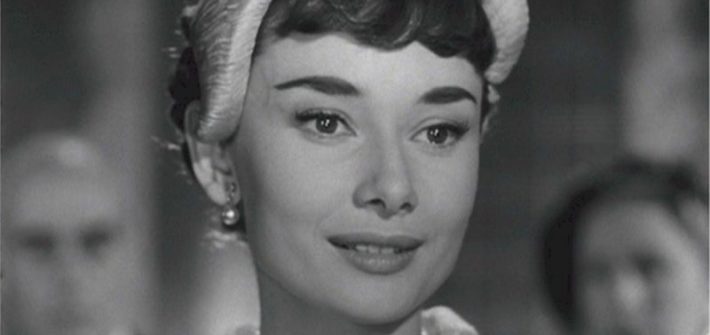
When thinking about the great directors of the Hollywood Golden age, one name is often overlooked: William Wyler. The likes of Hitchcock, Ford, Wilder and Welles are still revered to this day for their innovation and genius, but Wyler’s name is rarely remembered as keenly. He lacked an obvious style or signature genre. Instead, his […]
- Features
- ...
10 Great Horror Movies Recommended By Edgar Wright
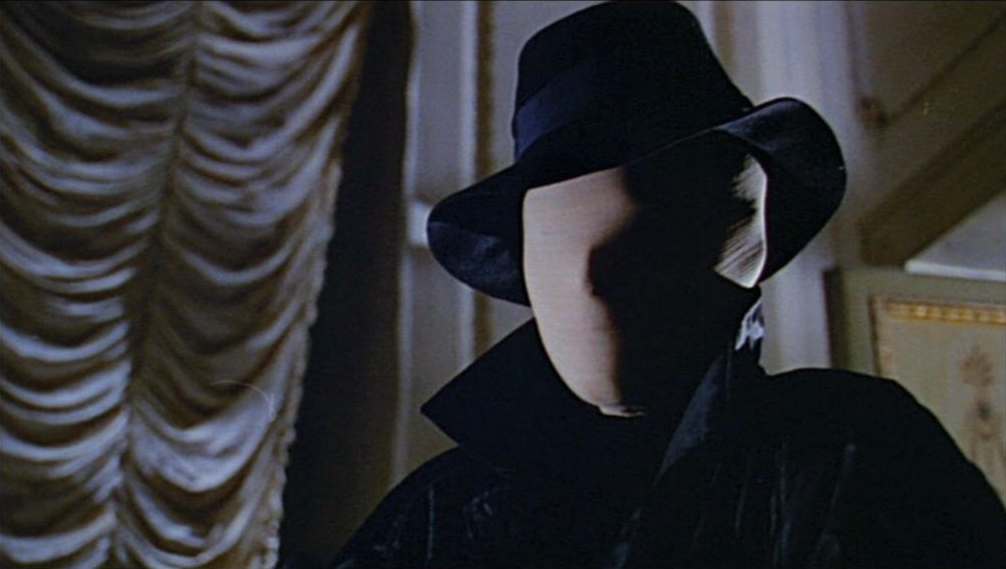
At Taste of Cinema we’ve done a lot of lists that looked at the vast film knowledge of director and film buff Quentin Tarantino; maybe the director with the most film trivia ingrained in his brain. In Edgar Wright he has a worthy challenger though, since more and more we come in contact with the […]
- Features
- ...
The 10 Best Netflix Original Movies of 2020
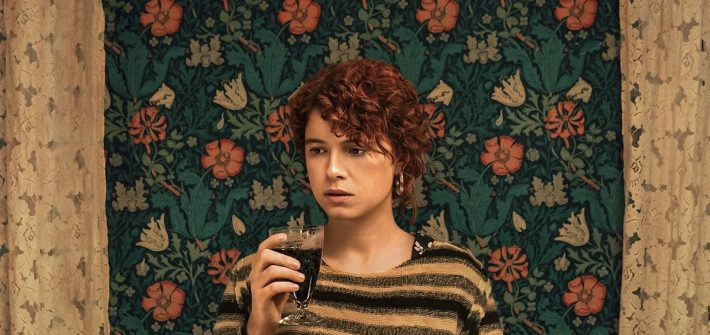
Due to the closure of major theater chains across the world, Netflix became a haven for film-lovers last year. As the dominant streaming service, people flocked to see what kind of exclusives were available to watch at the click of a button. With major delays upending big blockbuster releases, countless streaming services had to step […]
- Features
- ...
The 10 Most Influential Horror Movies of The 1970s
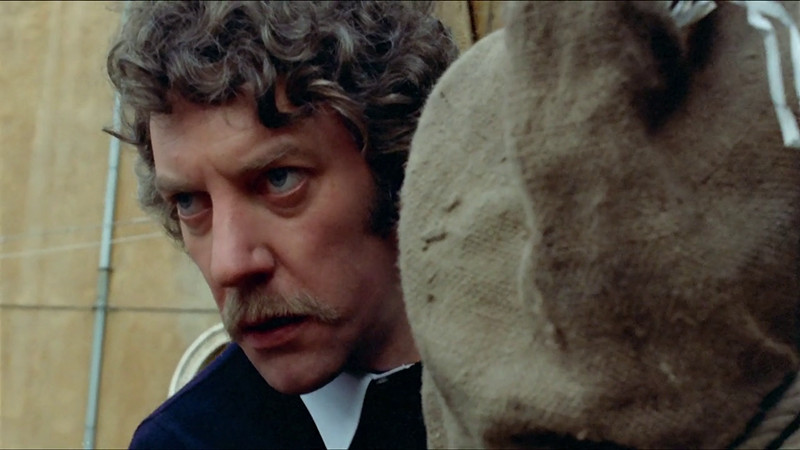
Though each passing decade has uniquely changed the face of film, the seventies undeniably sent shockwaves through the cinematic landscape. Movie screens still reverberate today from the aftershocks, and nowhere are the effects felt more profoundly than in the horror genre. The loosening of censorship restraints broke the mold for what could be shown on […]
- Features
- ...
The 10 Best Films of Robert Bresson
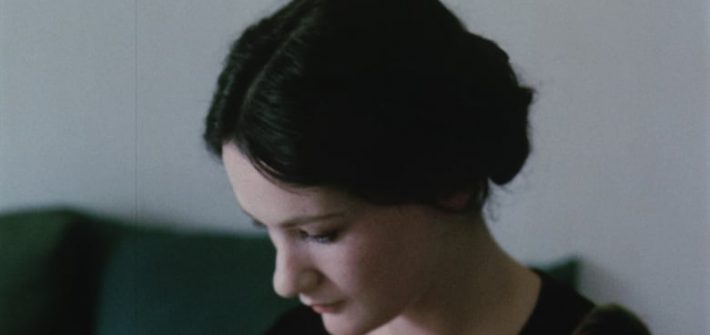
Robert Bresson (1901-1999) was among the most unique directors of the European arthouse, with a working theory of cinematic purity (outlined in his 1975 Notes sur le cinématographe) that rejected all the dramatic convention he considered archaic holdover from the theatre, to make exclusive use of the unique capacities of the film medium, namely the […]



